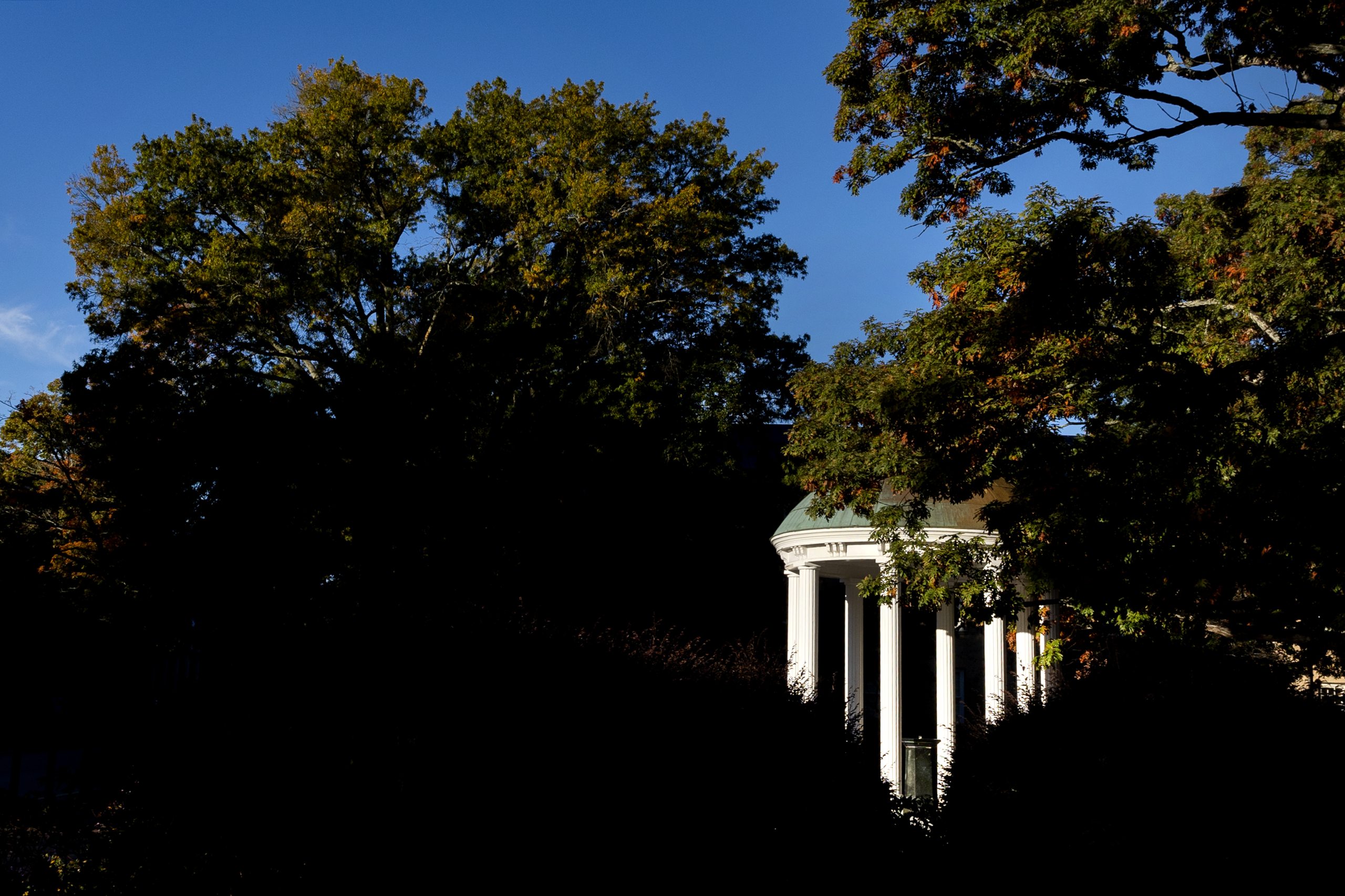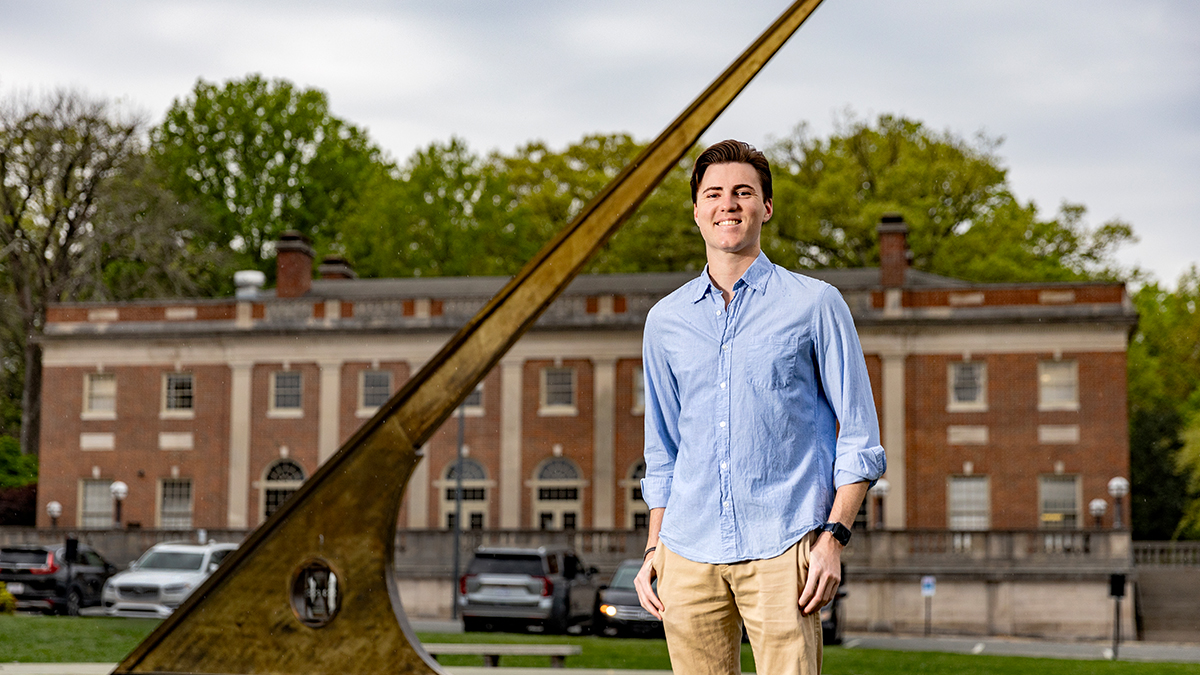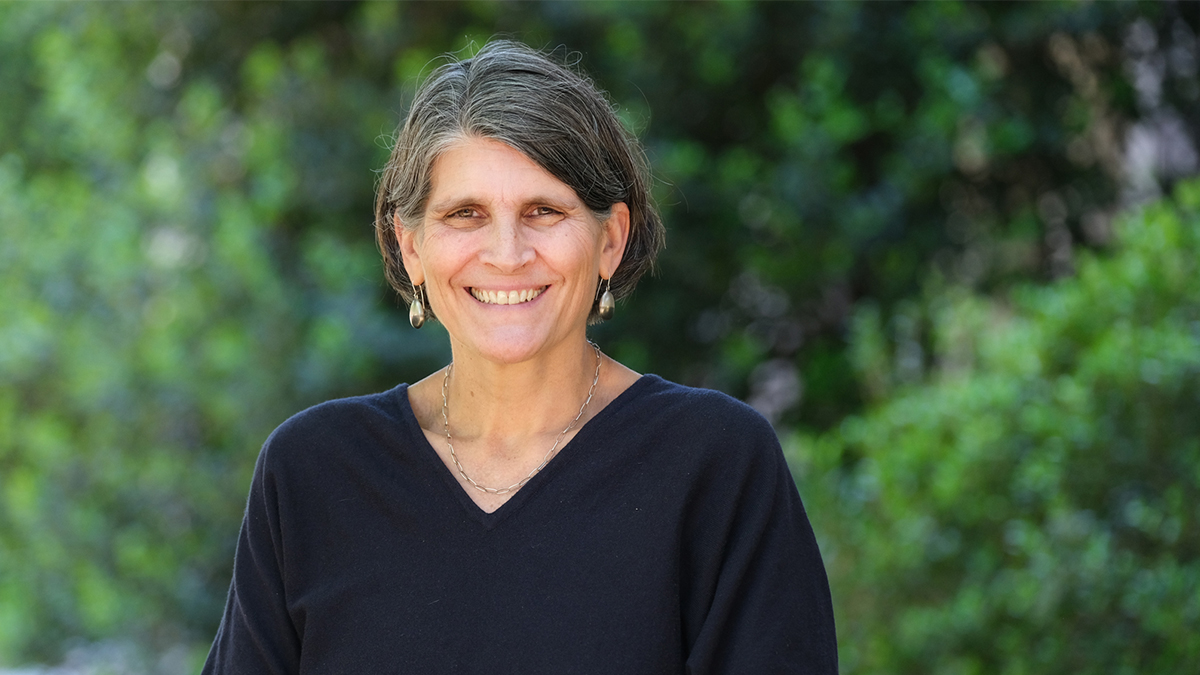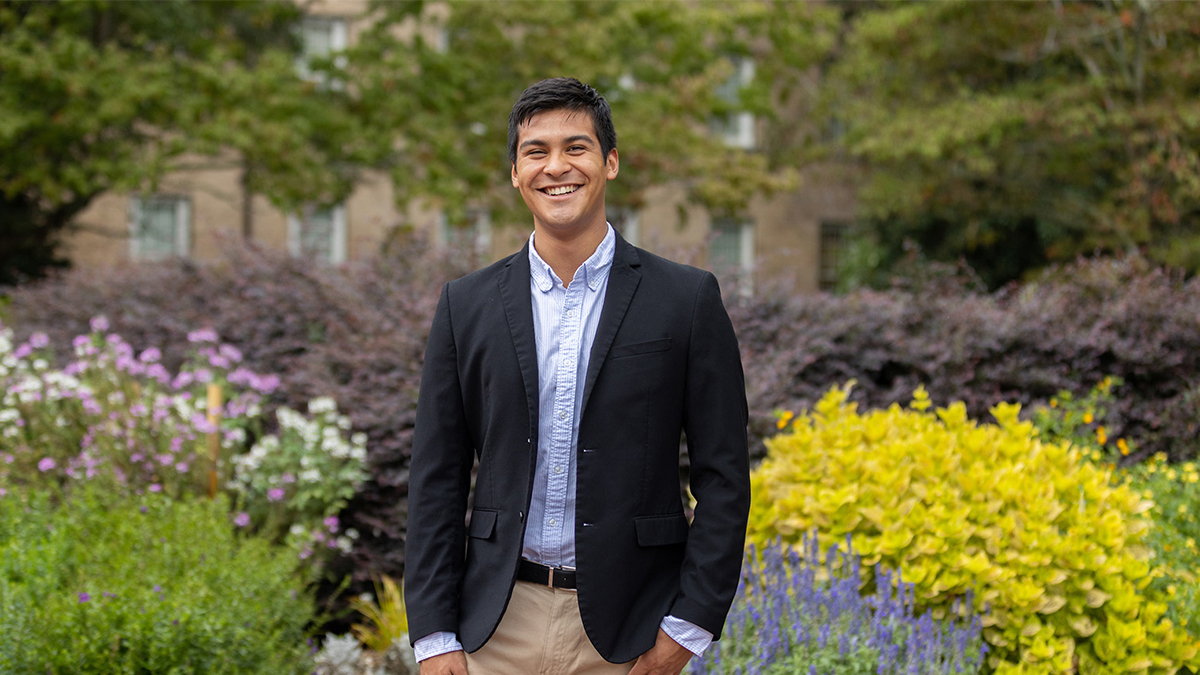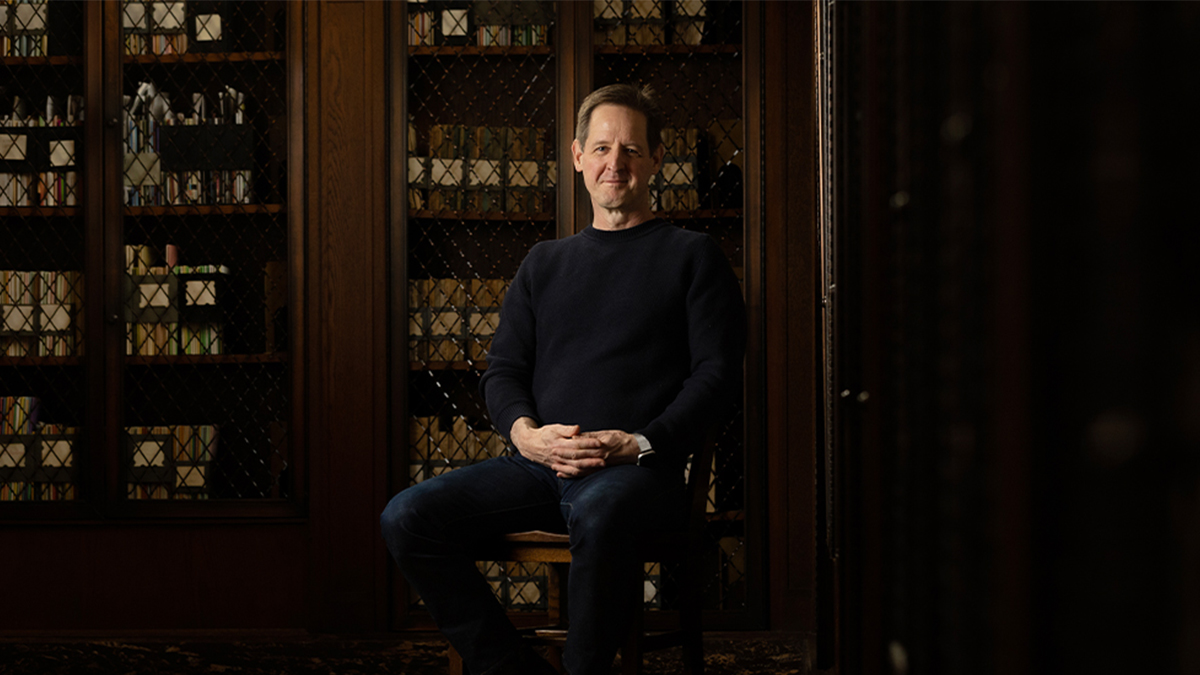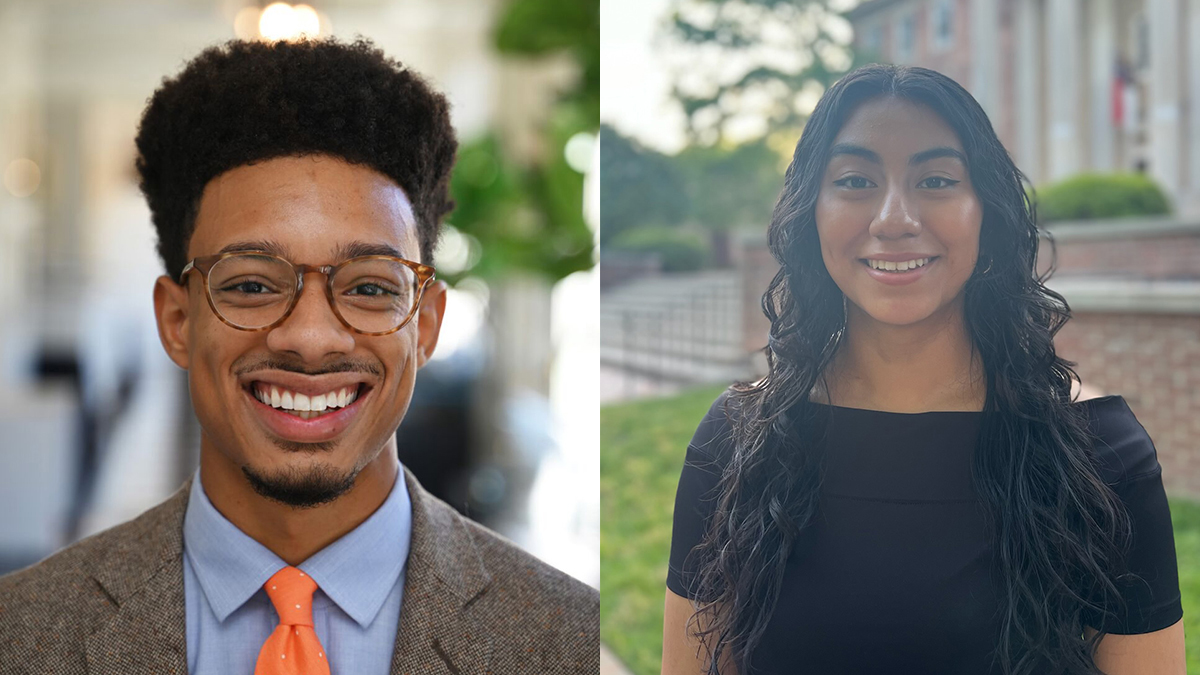Finding her calling
Massey Award recipient Sibby Anderson-Thompkins is a champion for diversity, equity and inclusion, from her days as a Carolina student throughout her career.
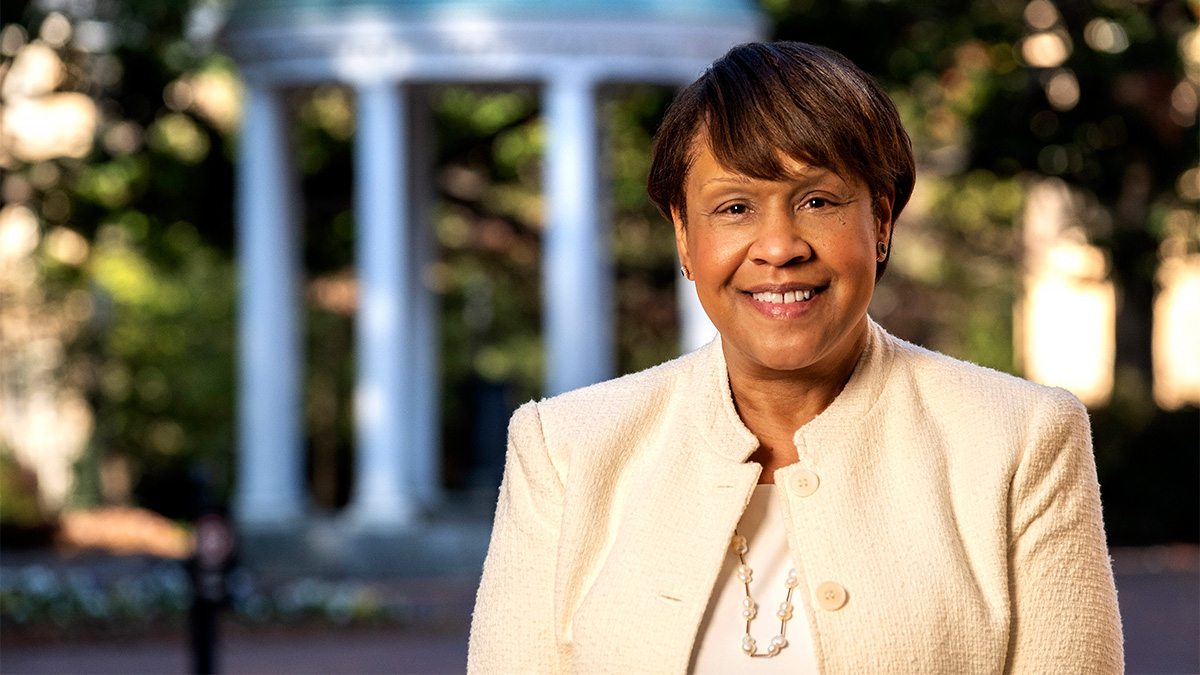
In her early days at Carolina as assistant dean of students, Sibby Anderson-Thompkins mentored a student interested in starting an American Indian sorority, the first of its kind in the country. Anderson-Thompkins and that student, Amy Locklear Hertel, went on to lead the University’s work in building a stronger campus community.
Anderson-Thompkins became a special adviser to the chancellor and provost for equity and inclusion and the interim chief diversity officer on Feb. 24, 2020, just weeks before the COVID-19 pandemic forced the University to move to remote instruction. Hertel is now Chancellor Kevin M. Guskiewicz’s chief of staff. The two became co-chairs of Build Our Community Together, the first strategic initiative in the University’s strategic plan, Carolina Next: Innovations for Public Good.
For nearly two years, Anderson-Thompkins and Hertel partnered to focus on broadening community engagement and a sense of belonging on campus while expanding opportunities and initiatives that support diverse students’ recruitment and success along with the hiring and retention of diverse faculty and staff. At the beginning of the pandemic, Anderson-Thompkins reconfigured and reimagined the work around diversity, equity and inclusion for a virtual space.
“In my experience, no one models community and inclusion better than Dr. Sibby Anderson-Thompkins,” Hertel wrote in her Massey Award nomination.
Anderson-Thompkins also established the Diversity, Equity and Inclusion Council, a crucial network for bringing together liaisons from schools and units across the campus to promote best practices, knowledge and skills. She bolstered the diversity office by hiring its first director of education, community engagement and belonging and implemented a successful education program for faculty and staff.
Calling her work “transformative,” Hertel wrote: “She has led our work to build a campus community in which faculty, staff and students feel that they belong and are equipped to thrive.”
Anderson-Thompkins provided important counsel during racial tensions nationally. “In June, with the murder of George Floyd, she provided critical wisdom and insight in shaping the University’s response,” Hertel wrote.
Anderson-Thompkins was also honored for her work as the director of the Carolina Postdoctoral Program for Faculty Diversity in UNC Research, where she led efforts to recruit and hire post-docs for faculty diversity.
Terry Magnuson, vice chancellor for research, wrote in his nomination: “Dr. Anderson-Thompkins is a highly successful university administrator and leader, and a proven diversity, equity and inclusion strategist.”
Though she never worked in research herself, Anderson-Thompkins said the opportunity accelerated her growth as a professional. The program is recognized as one of the most effective, evidence-based faculty diversity initiatives in the country and is a model for other universities.
“I love working with students and post docs who are doing cutting-edge research. Social justice is at the core of much of their work,” she said. “It’s inspiring to support them, help them grow and ensure their safe journey to the next stage of their careers.”
It began as a student
Anderson-Thompkins’ path to the diversity and inclusion work that is her calling began when she was a student at Carolina and continued throughout her career. A double Tar Heel, she earned her undergraduate and master’s degrees in communication studies at Carolina.
Looking back, Anderson-Thompkins said a pivotal moment came in her days as a student activist and president of the Black Student Movement. She joined the call for Carolina to divest its interests out of South Africa and end apartheid. “It was always about human rights, social justice and striving for equality for all,” she said. “That really set the tone for the course I would take.”
Anderson-Thompkins also fought for a Black cultural center at Carolina, what today is known as the Sonja Haynes Stone Center for Black Culture and History, creating a free-standing space to celebrate and acknowledge the history of African Americans.
“Those things inspired me to pursue a career where I could effect and lead change,” she said.
Student affairs professionals took the student activist and leader under their wings, she recalled. “They opened me up to a career in higher education,” she said. “I didn’t realize you could have a career in higher education.”
Those leaders helped her see the opportunities. “The impact I could have on underrepresented students like myself helped me find my passion and dedicate my life to this work,” she said.
After completing her degrees, she began her career by overseeing Carolina’s sexual assault response in the Office of the Dean of Students. She also worked as an assistant dean in Student Academic Counseling, where she served as the adviser to student government and the Black Student Movement.
It was in this role that Anderson-Thompkins advised Hertel and three other young American Indian undergraduate women as they navigated the complex University policy world and complicated Greek System to establish Alpha Pi Omega, the first American Indian sorority in the nation. Today, the organization boasts 600 women across 15 states.
“I can’t say enough about Sibby’s legacy as a student advocate and supporter. I owe a great part of my success today to the early investments Sibby made in me personally,” Hertel wrote. “There are many more stories like mine, and we can all trace our roots back to Sibby. How grateful we all are to know her.”
Anderson-Thompkins said she is used to presenting awards to others, not receiving them, and called winning a Massey Award an incredible honor. “To be among the caliber of recipients who have won this award over the years means a lot to me.”
She recently left Carolina and began a new role as vice provost for diversity, equity and inclusion and chief diversity officer at Sewanee: The University of the South in Tennessee, on Aug. 16. In this inaugural role, she will lead the private liberal arts college’s strategic planning process for diversity, equity and inclusion.
Though no longer a Carolina employee, she remains a Carolina parent: Her son, Austin, began his second year this fall.
